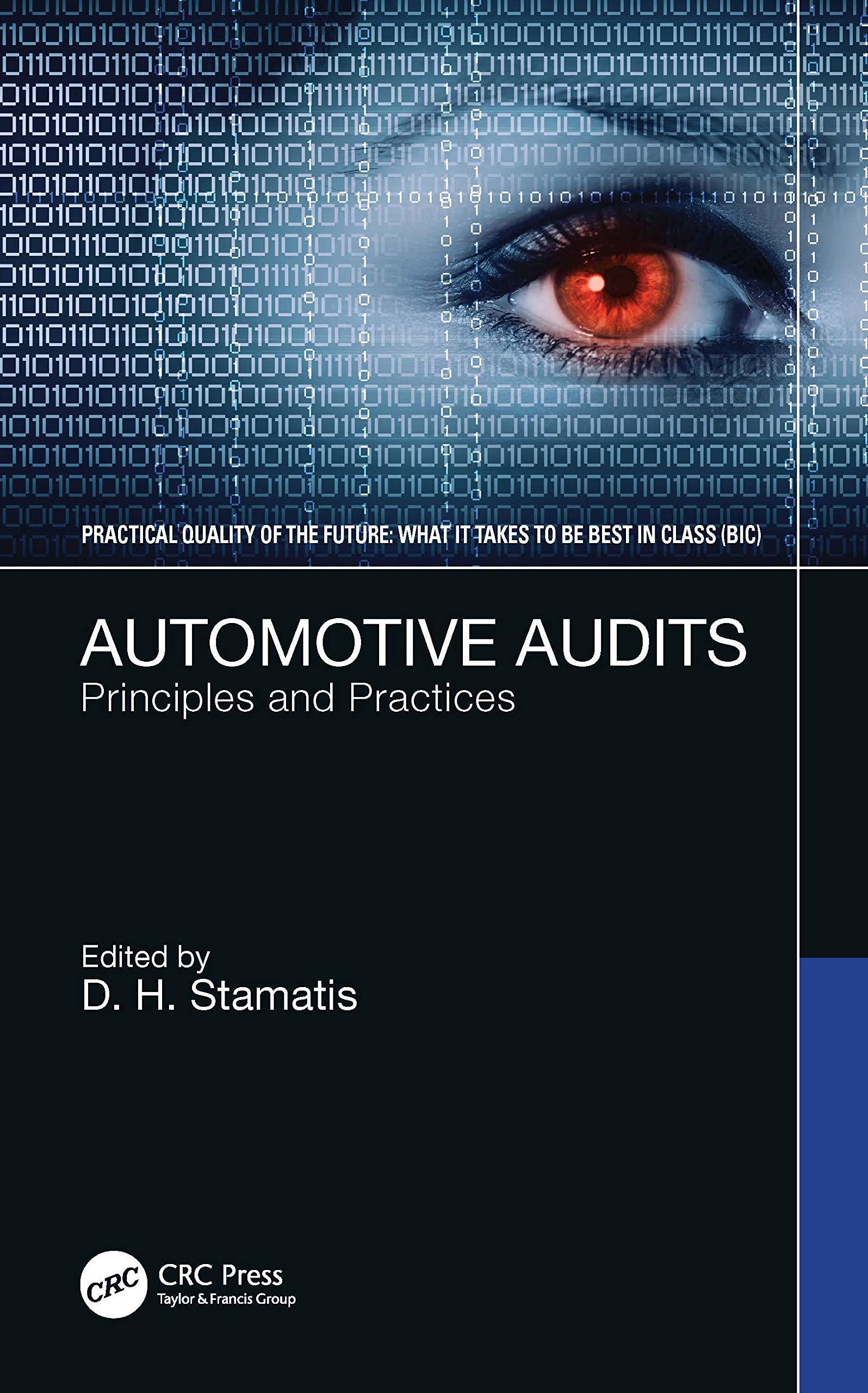Question
Kima Company manufactures and sells two models of a home appliance. The Standard model is a basic appliance with mostly manual features, while the Galaxy
Kima Company manufactures and sells two models of a home appliance. The Standard model is a basic appliance with mostly manual features, while the Galaxy model is highly automated. The appliances are produced to order, and there are no inventories at the end of the year.
The cost accounting system at Kima allocates overhead to products based on direct labor cost. Overhead in year 1, which just ended, was $3,342,250. Other data for year 1 for the two products follow:
| Standard Model | Galaxy Model | |||||
| (20,000 units) | (3,000 units) | |||||
| Sales revenue | $ | 6,150,000 | $ | 2,850,000 | ||
| Direct materials | 2,550,000 | 450,000 | ||||
| Direct labor | 1,750,000 | 555,000 | ||||
Required:
a. Compute product line profits/loss for the Standard model and the Galaxy model for year 1. (Do not round intermediate calculations. Negative amounts should be indicated by a minus sign.)
|
b. A study of overhead shows that without the Standard model, overhead would fall to $2,325,000. Assume all other revenues and costs would remain the same for the Galaxy model in year 2. Compute product line profits/loss for the Galaxy model in year 2 assuming the Standard model was not produced or sold. (Negative amounts should be indicated by a minus sign.)
|
Step by Step Solution
There are 3 Steps involved in it
Step: 1

Get Instant Access to Expert-Tailored Solutions
See step-by-step solutions with expert insights and AI powered tools for academic success
Step: 2

Step: 3

Ace Your Homework with AI
Get the answers you need in no time with our AI-driven, step-by-step assistance
Get Started


